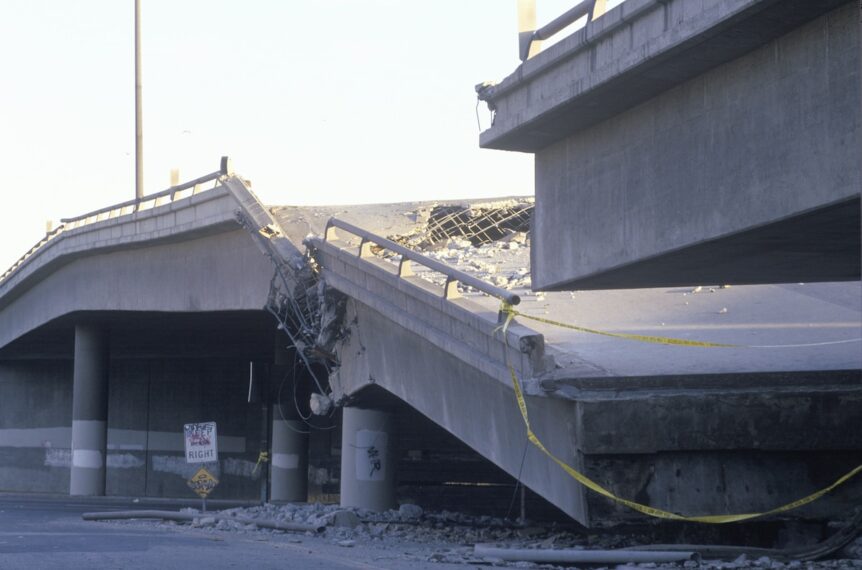When the ground starts shaking, will you be ready? Earthquakes strike without warning, leaving destruction and chaos in their wake. Here are 21 essential tips to ensure you and your loved ones survive the next big one.
1. Create an Emergency Kit
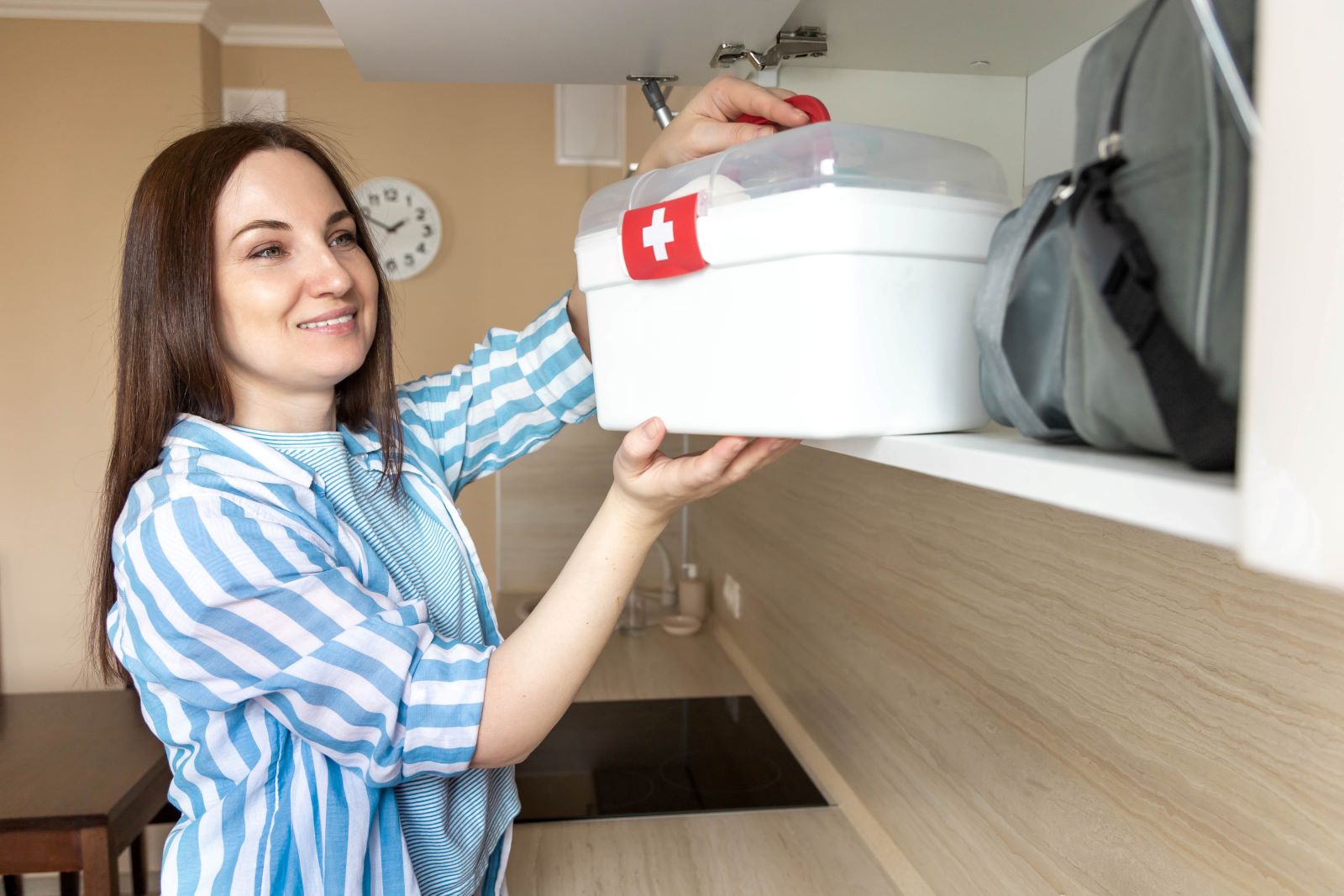
Image Credit: Shutterstock / Kostikova Natalia
Assemble an emergency kit with water, non-perishable food, medications, flashlights, batteries, and first aid supplies. Keep it easily accessible, and ensure it has enough supplies for at least 72 hours.
2. Develop a Family Communication Plan
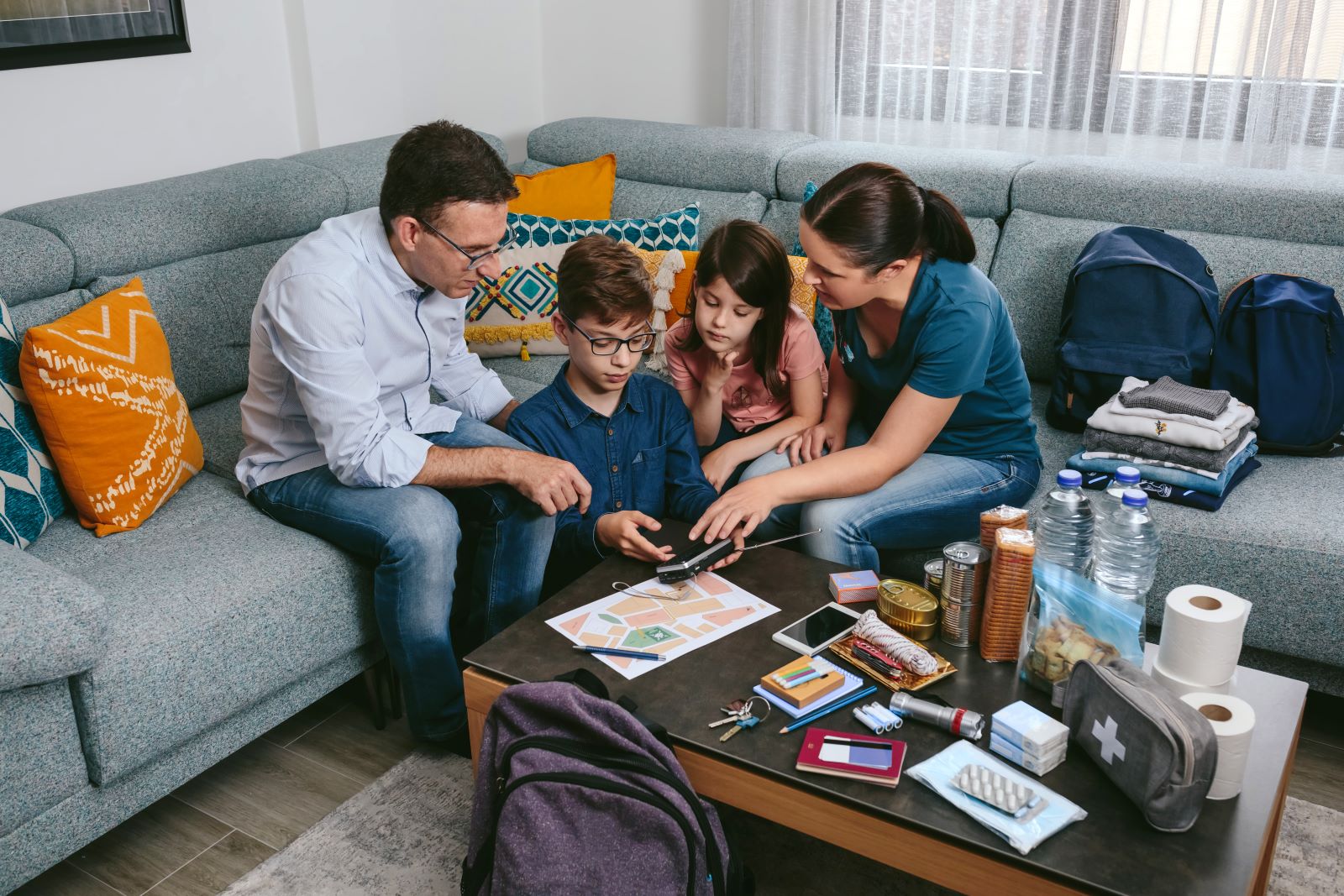
Image Credit: Shutterstock / David Pereiras
Establish a plan for how your family will communicate during and after an earthquake. Designate a meeting spot and ensure everyone knows emergency contact numbers.
3. Secure Heavy Furniture
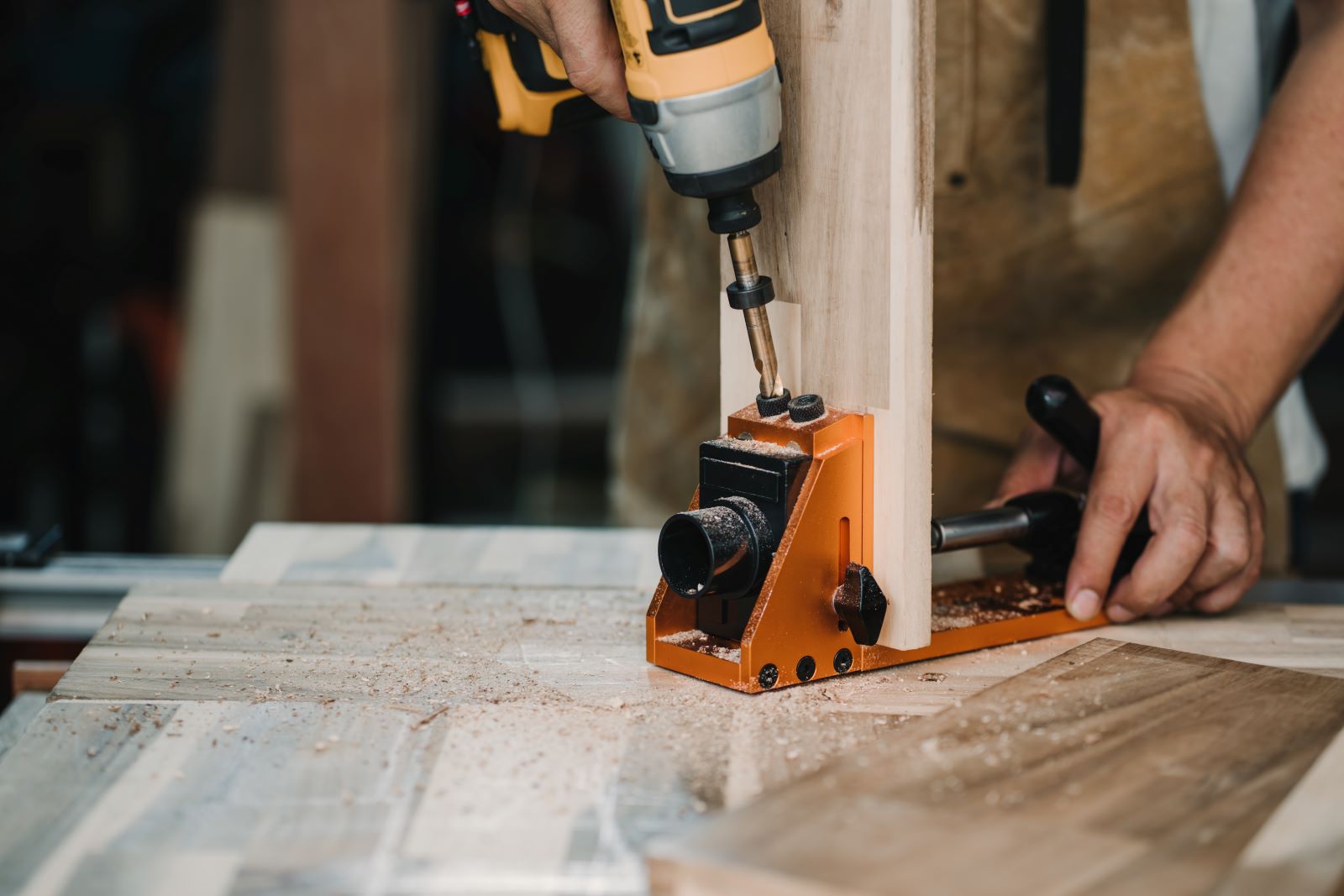
Image Credit: Shutterstock / kasarp studio
Anchor bookshelves, cabinets, and other heavy furniture to walls to prevent them from tipping over during an earthquake. This simple step can prevent serious injuries and save lives.
4. Know How to Turn Off Utilities
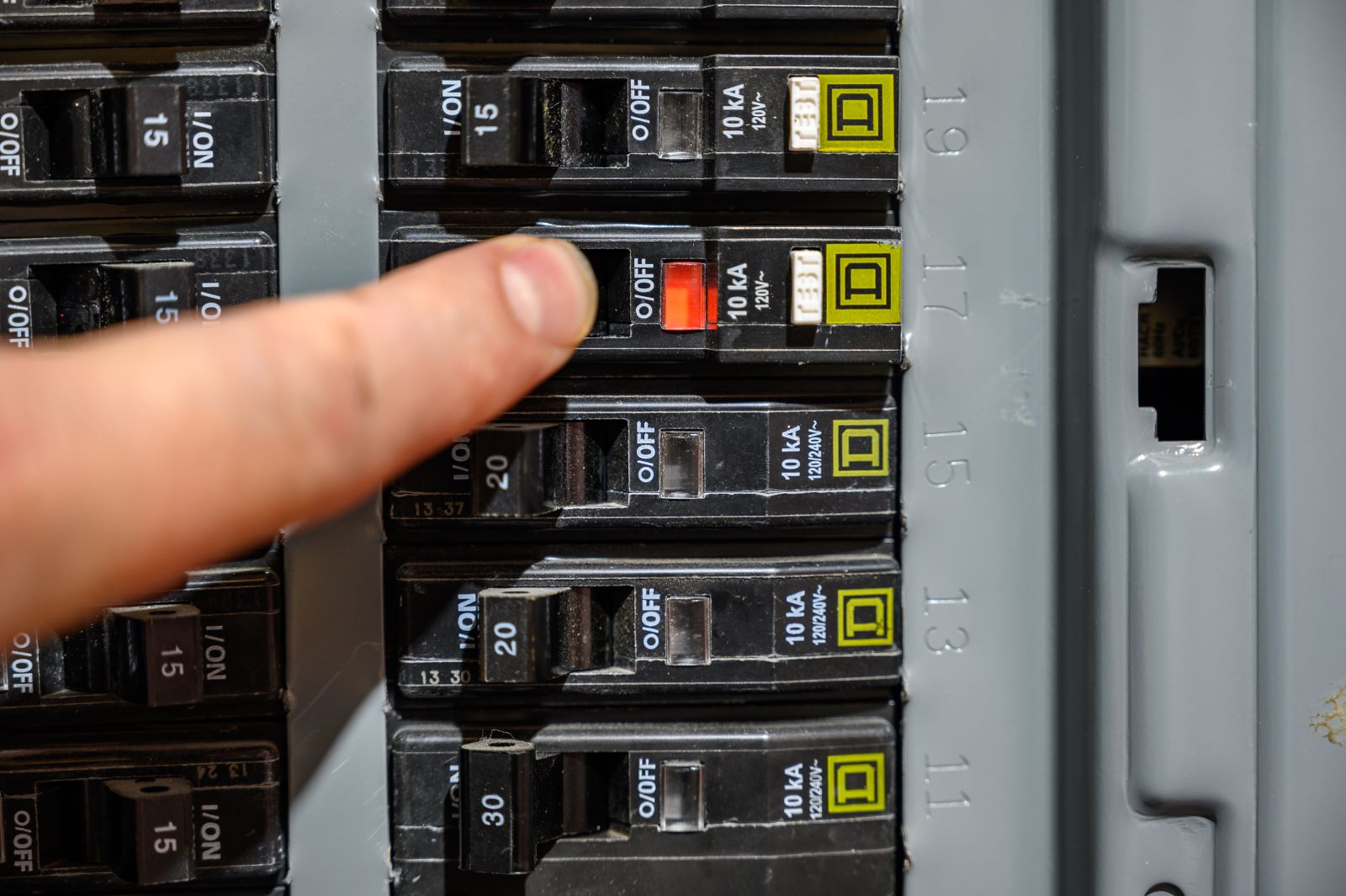
Image Credit: Shutterstock / Lost_in_the_Midwest
Learn how to shut off gas, water, and electricity in your home. This can prevent fires and other hazards following an earthquake.
5. Identify Safe Spots

Image Credit: Shutterstock / fizkes
Identify safe places in each room where you can take cover during an earthquake, such as under sturdy furniture or against an interior wall. Avoid windows and heavy objects that could fall.
6. Practice Drop, Cover, and Hold On
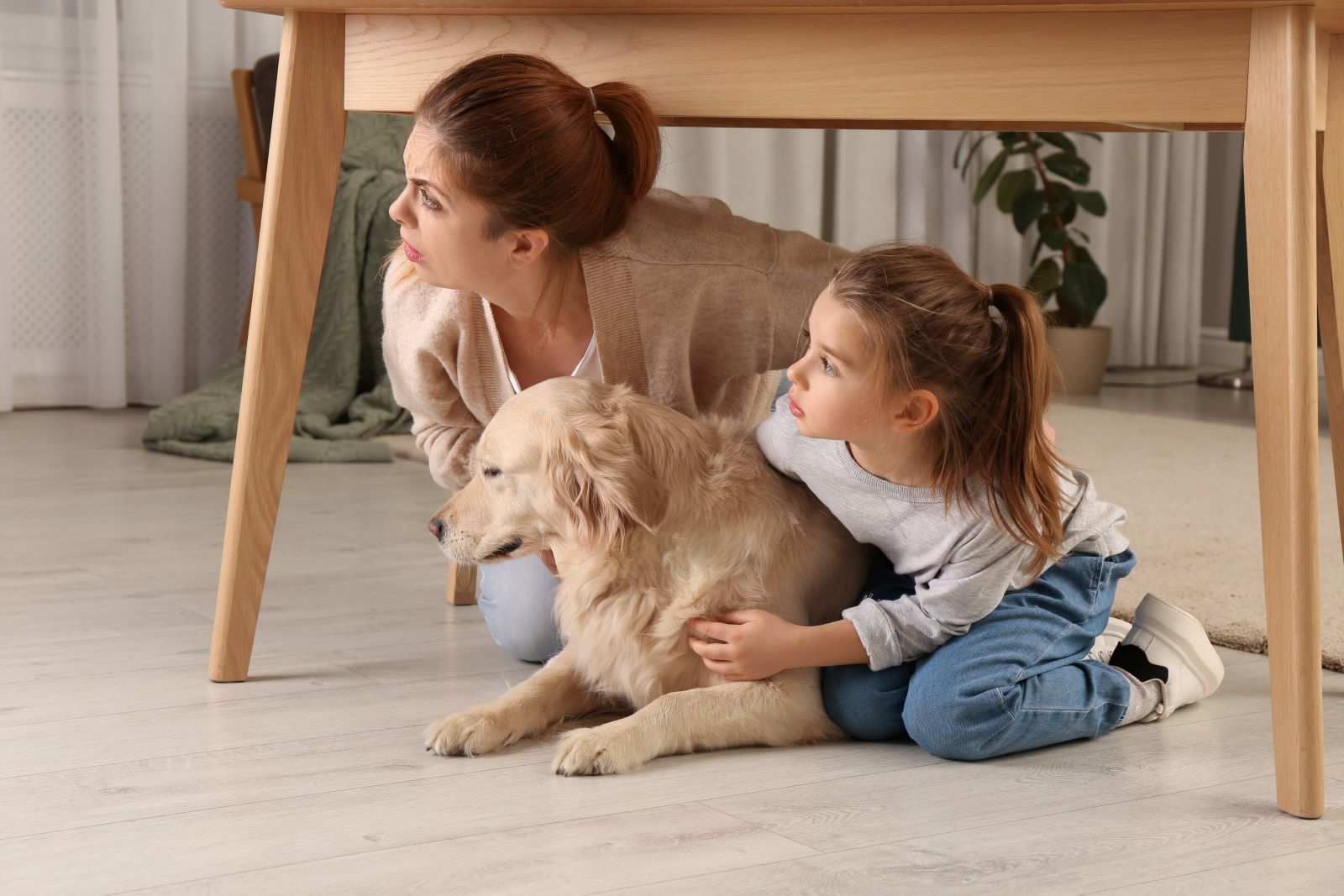
Image Credit: Shutterstock / New Africa
Regularly practice earthquake drills with your family. Drop to your hands and knees, cover your head and neck, and hold on until the shaking stops.
7. Reinforce Your Home
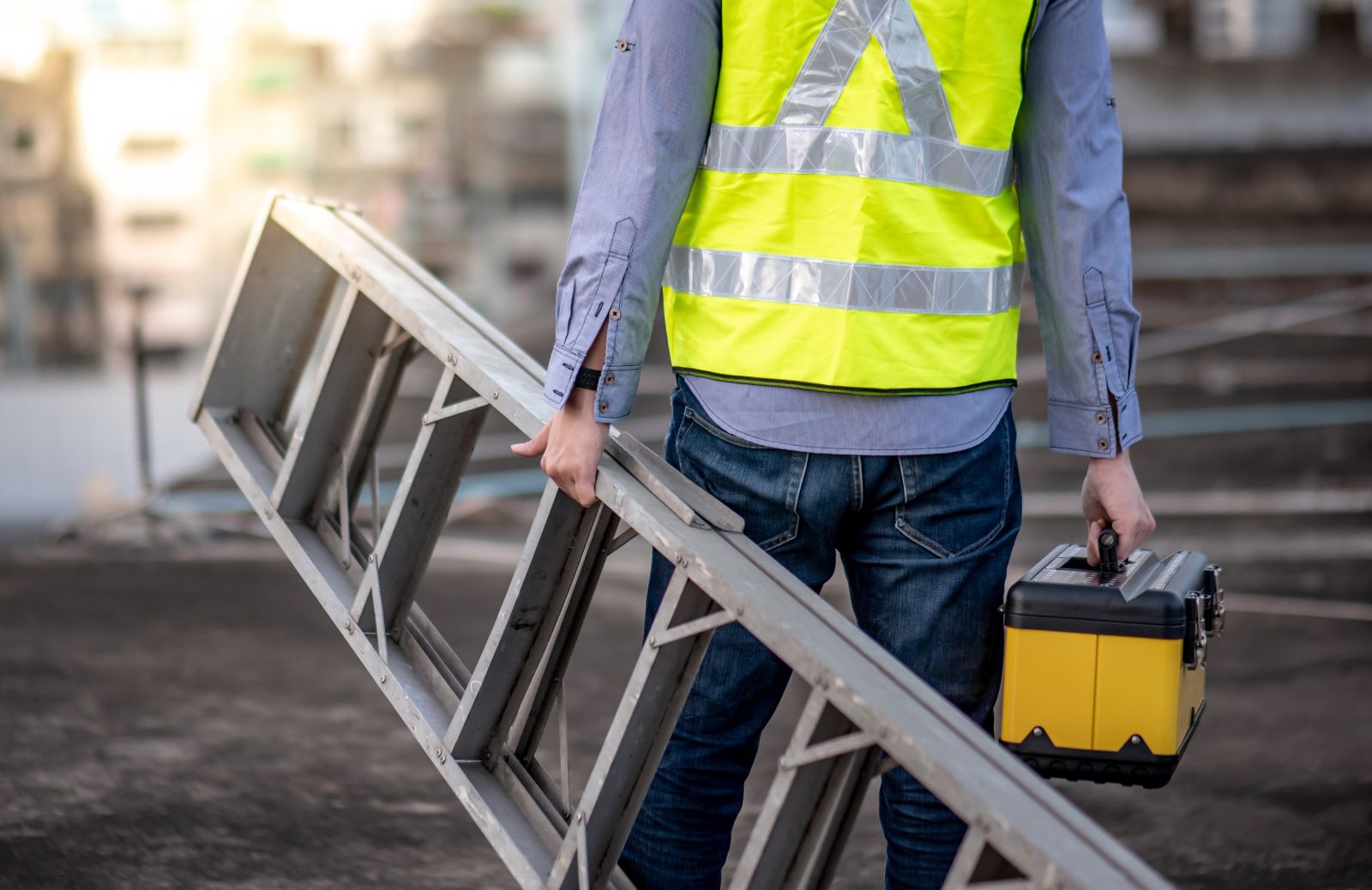
Image Credit: Shutterstock / Zephyr_p
If you live in an older home, consider retrofitting it to withstand earthquakes. Strengthen foundations and ensure your house is bolted to the frame.
8. Keep Shoes and a Flashlight by Your Bed

Image Credit: Pexels / Steve Johnson
Keep sturdy shoes and a flashlight next to your bed. Earthquakes can cause broken glass and debris, making it dangerous to walk barefoot in the dark.
9. Stay Informed

Image Credit: Shutterstock / Rawpixel.com
Stay updated on local earthquake risks and emergency procedures. Sign up for alerts and educate yourself about what to do before, during, and after an earthquake.
10. Secure Electronics and Appliances

Image Credit: Shutterstock / JIPEN
Use straps and brackets to secure televisions, computers, and other electronics. This prevents them from falling and causing injury or damage.
11. Store Hazardous Materials Safely
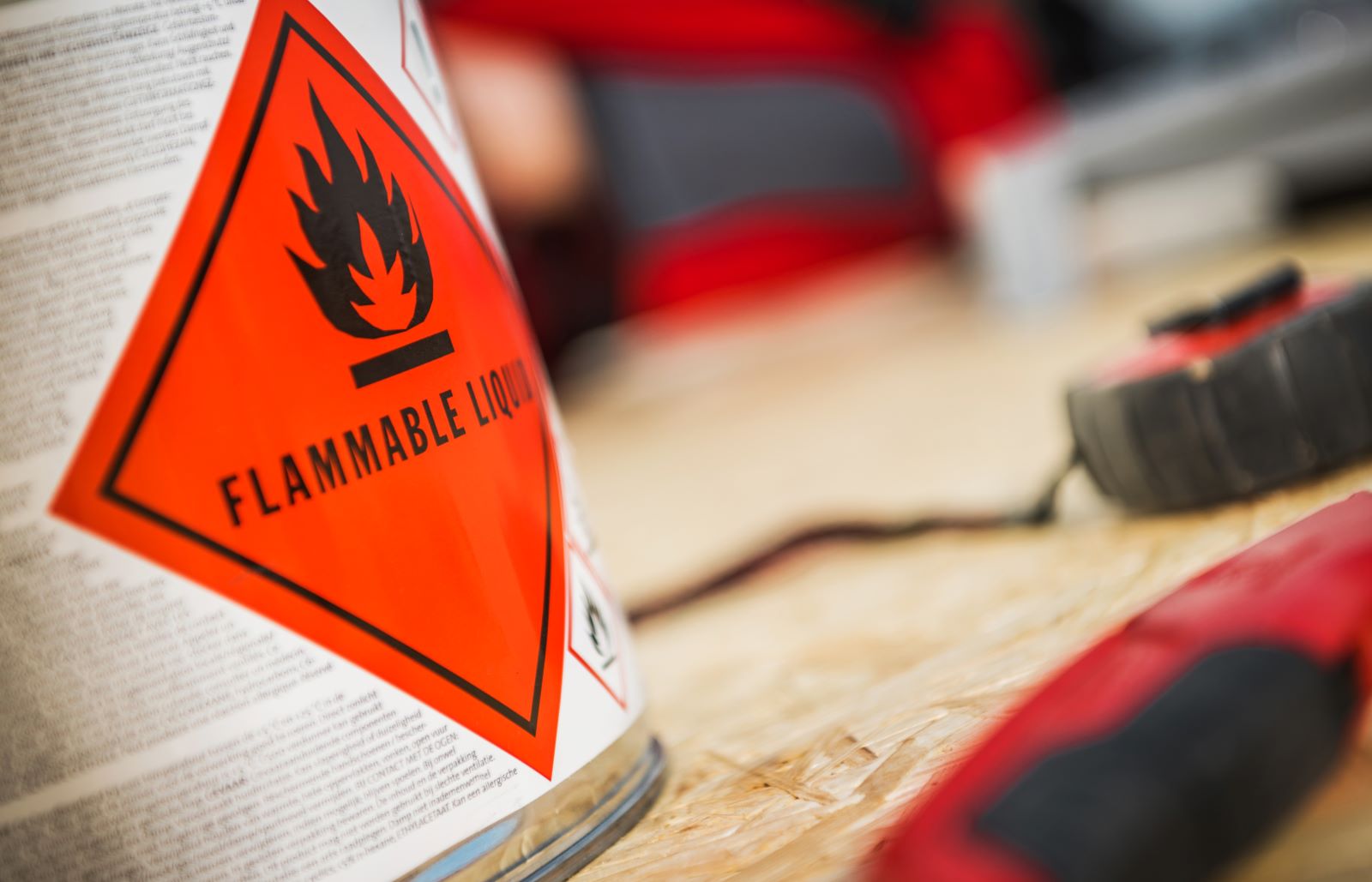
Image Credit: Shutterstock / Virrage Images
Keep flammable and hazardous materials in secure, latched cabinets. This reduces the risk of spills and fires during an earthquake.
12. Prepare Your Car
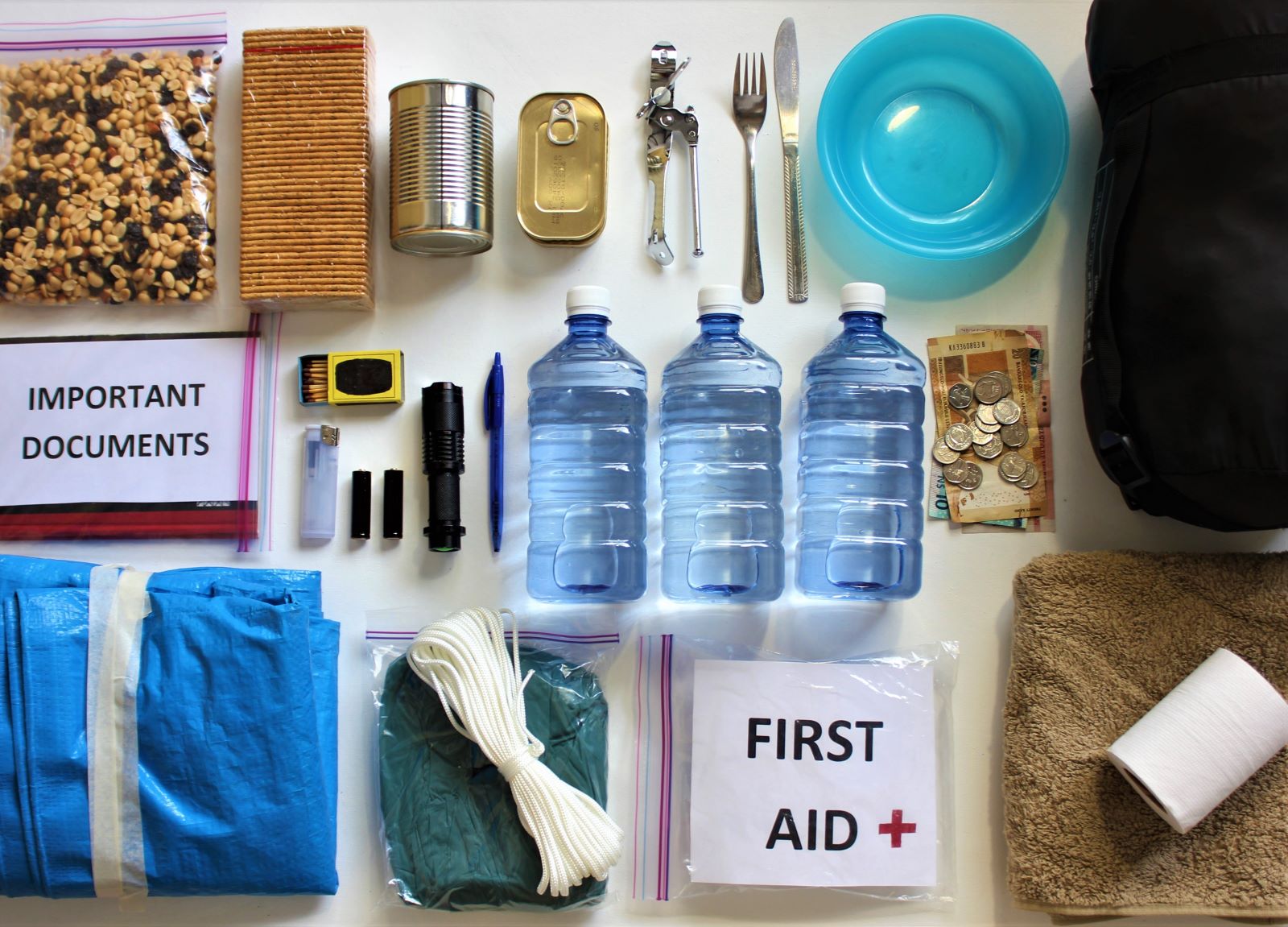
Image Credit: Shutterstock / speedshutter Photography
Keep an emergency kit in your car, including food, water, blankets, and a first aid kit. You might need to evacuate or be away from home when an earthquake strikes.
13. Know Your Evacuation Routes

Image Credit: Shutterstock / Andrey_Popov
Familiarize yourself with evacuation routes from your home and workplace. Plan multiple routes in case roads are blocked or damaged.
14. Stay Clear of Glass and Heavy Objects

Image Credit: Shutterstock / fizkes
During an earthquake, move away from windows, mirrors, and heavy objects that could fall. Protect yourself from falling debris.
15. Plan for Pets
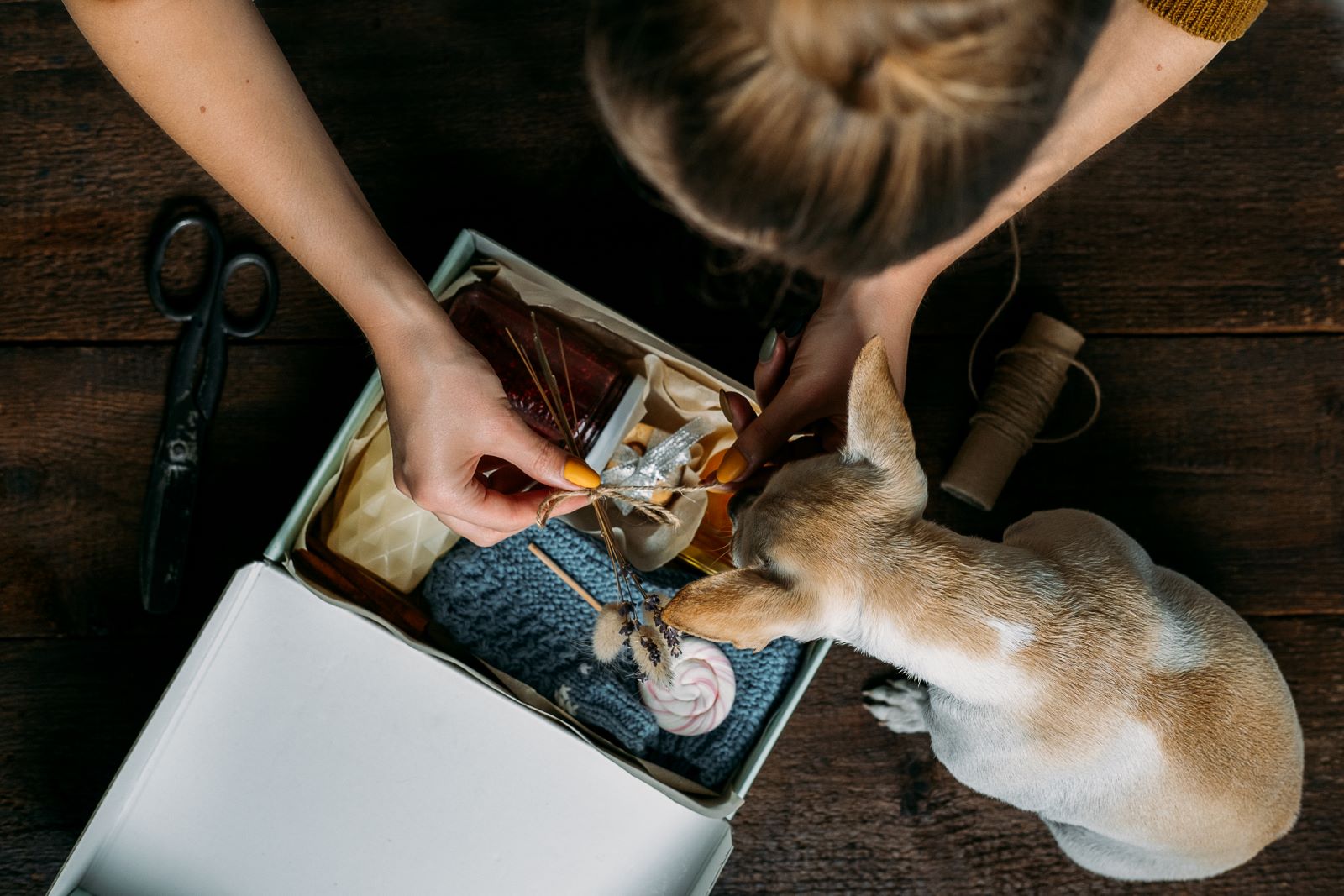
Image Credit: Shutterstock / Iryna Imago
Include supplies for your pets in your emergency kit. Have a plan for their care and safety during and after an earthquake.
16. Educate Your Children

Image Credit: Shutterstock / fizkes
Teach your children what to do during an earthquake. Ensure they know how to drop, cover, and hold on, and that they are aware of safe spots in your home.
17. Know Your Neighbors

Image Credit: Shutterstock / New Africa
Build relationships with your neighbors and discuss how you can support each other during a disaster. Community cooperation can be vital during emergencies.
18. Practice First Aid
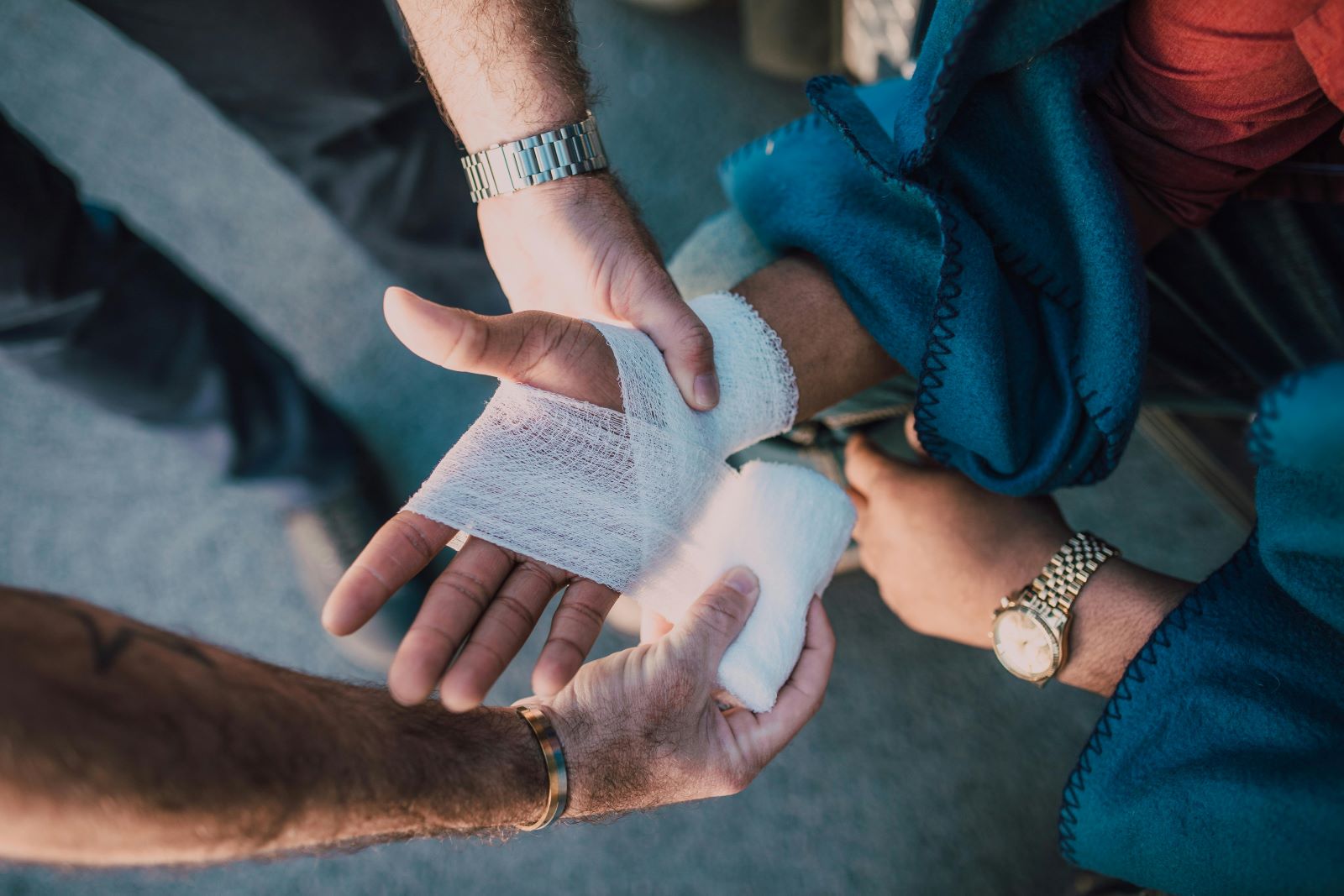
Image Credit: Pexels / RDNE Stock project
Take a first aid course to learn how to treat injuries that may occur during an earthquake. Basic knowledge of CPR and wound care can save lives.
19. Have Cash on Hand

Image Credit: Shutterstock / fornStudio
Keep some cash in your emergency kit. ATMs and banks might be out of service following an earthquake.
20. Backup Important Documents
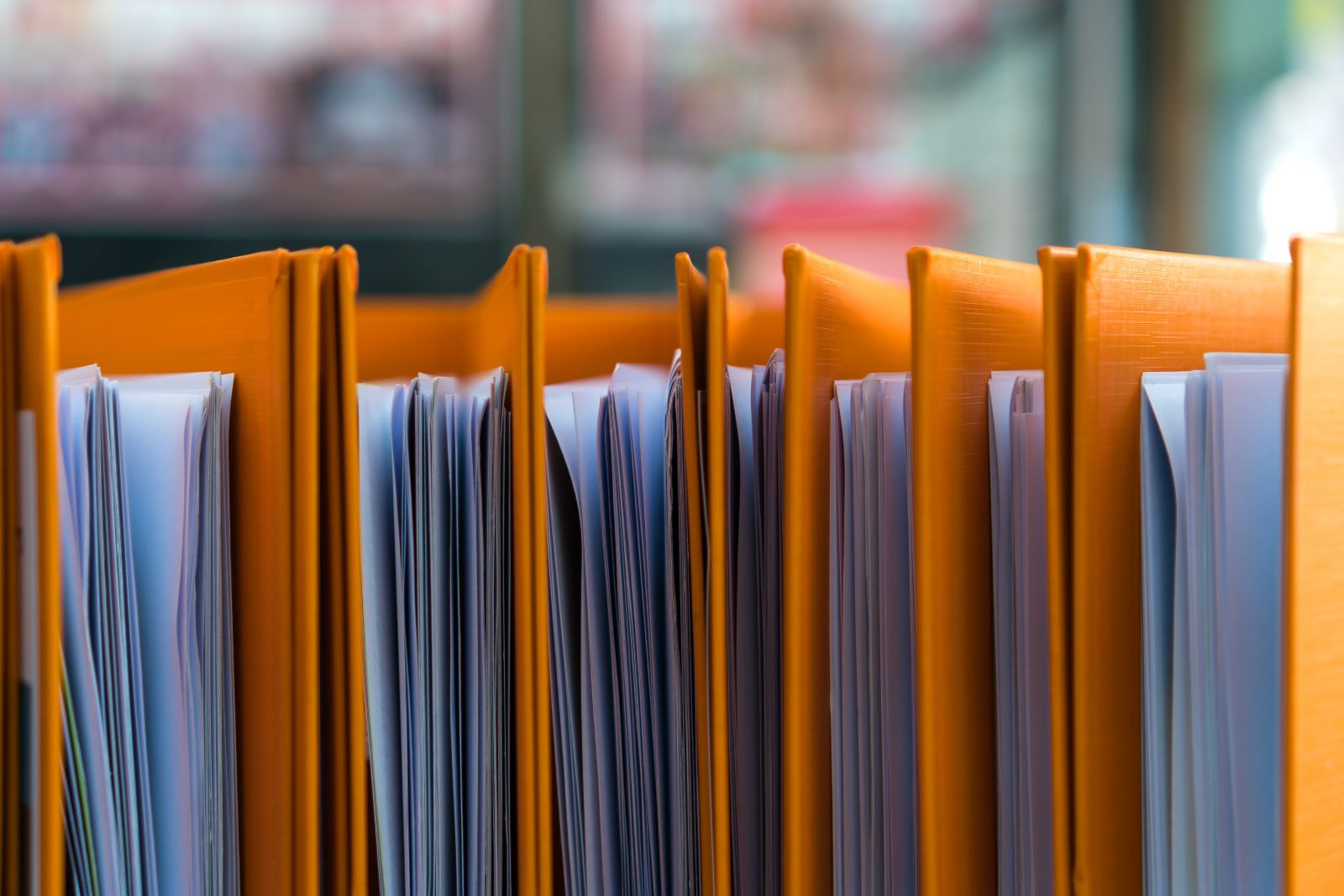
Image Credit: Shutterstock / smolaw
Store copies of important documents, such as identification, insurance policies, and medical records, in a secure, waterproof container.
21. Stay Calm and Be Prepared to Adapt

Image Credit: Shutterstock / New Africa
In the chaos of an earthquake, staying calm and being prepared to adapt your plan is crucial. Flexibility and presence of mind can make all the difference in an emergency.
Be Ready for the Unexpected
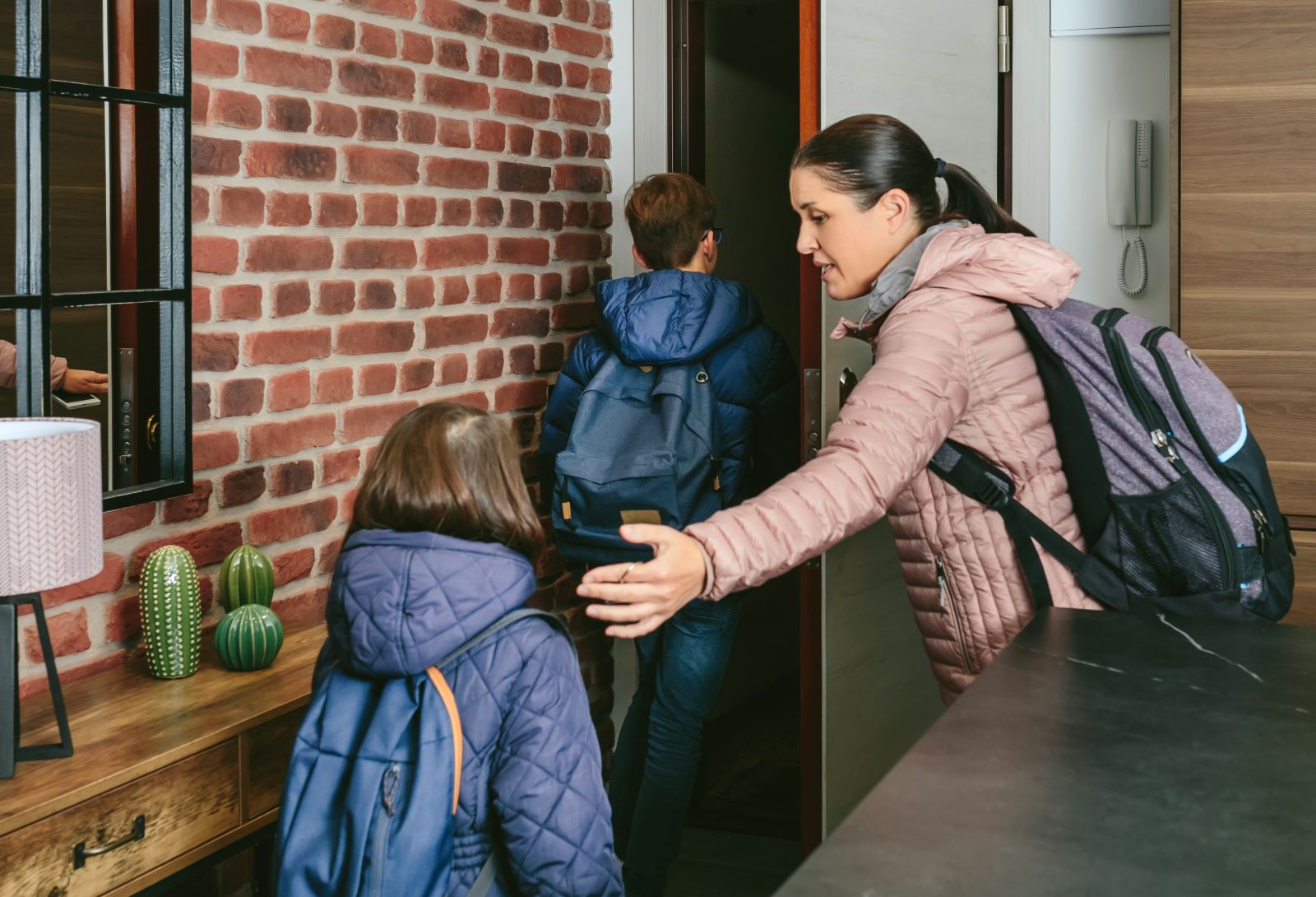
Image Credit: Shutterstock / David Pereiras
Earthquakes are unpredictable and unforgiving. By taking these essential steps now, you can protect yourself and your loved ones from the devastating impact of the next big one. Stay safe and be prepared.
Featured Image Credit: Shutterstock / David Pereiras.
For transparency, this content was partly developed with AI assistance and carefully curated by an experienced editor to be informative and ensure accuracy.

